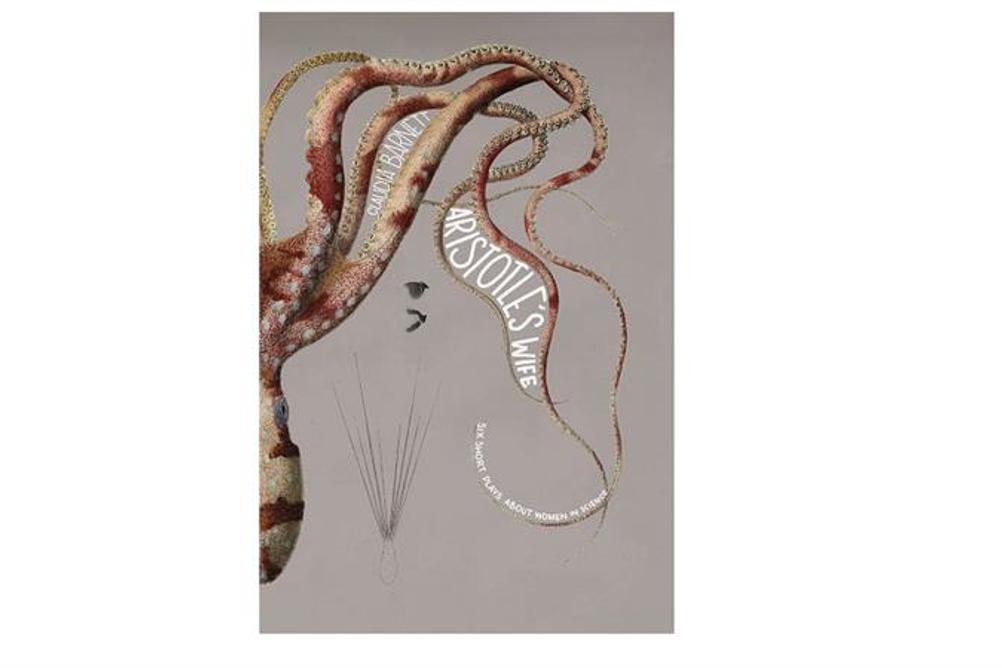In each issue of D&T, we bring you five suggested plays for studying and performing with your students. This time, we are bringing you six! D&T introduces the innovative plays from Claudia Barnett's latest publication Aristotle's Wife: 6 Short Plays about Women in Science – a collection of plays that capture the complexities of balancing the scientific mind with the feminine need.

A short play inspired by Cecilia Payne-Gaposchkin
Cast: 2F
Synopsis: It's 1924, and young Harvard astronomers Cecilia Payne and Adelaide Ames are celebrating an ‘impossible’ achievement.
Why it's great: Darkness, stars, and two stellar actors are all you need to stage this poetic tribute to the woman who thought to ask what our universe is made of. This play can be glorious with just two flashlights.
A short play inspired by Pythias of Assos
Cast: 1F, 1M
Synopsis: Aristotle and his new bride are examining the natural world with clinical objectivity – until she forces him to realise they're part of it.
Why it's great: The wind, the sun, the sea: this play subtly transports us to an innocent island long, long ago, where we encounter the great philosopher and his playful, young wife. But wait! Is she smarter than he is? And is there something she needs to tell him?
Register now to continue reading
Register to the Drama & Theatre website today and gain access to all the latest news and developments from the world of drama education.
By registering you will receive:
-
Free access to 4 subscriber-only articles per month
-
Unlimited access to news and opinion on our website
Already have an account? Sign in here
